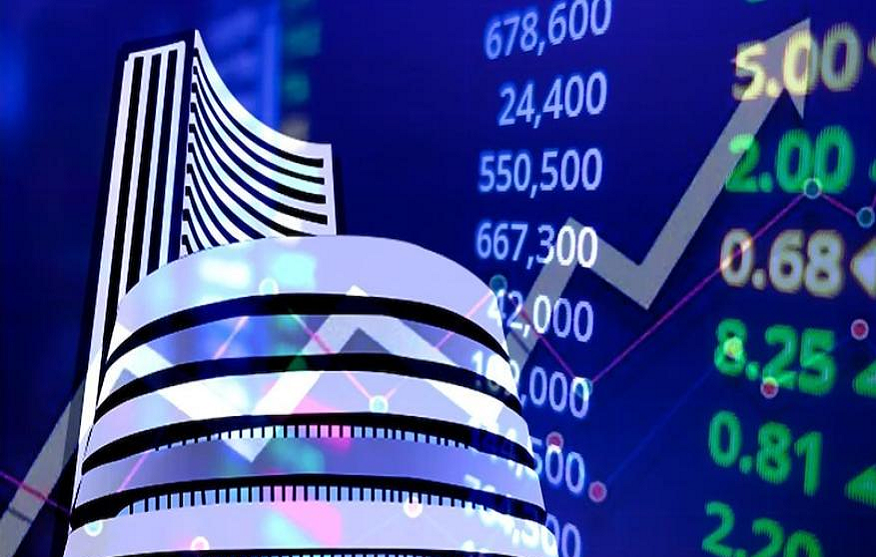Introduction
One of the biggest and oldest stock exchanges in the country, the Bombay Stock Exchange (BSE), plays a significant role in the Indian financial scene. The 1875-founded BSE has played a crucial role in the growth of India’s economy and is renowned for its dependable infrastructure, extensive listing options, and transparent trading practises. The Bombay Stock Exchange will be thoroughly discussed in this article, including its importance to the Indian economy, history, operations, and indices.
Historical Background
The BSE was founded in 1855 when a group of powerful stockbrokers and brokers met in Mumbai’s Dalal Street under a banyan tree to transact in stocks. The Native Share and Stockbrokers Association, later known as the Bombay Stock Exchange, was established in 1875 as a result of this unofficial assembly. The BSE has experienced many landmarks over the years and has been crucial to India’s financial development.
Functioning and Operations
The Bombay Stock Exchange operates on a fully automated, electronic trading system known as BOLT (BSE OnLine Trading). BOLT ensures efficient order matching, transparency, and real-time trade execution. It facilitates trading across various asset classes, including equities, derivatives, mutual funds, and debt instruments.
Indices
The lists of the bombay stock exchange are among its most significant highlights since they go about as norms for the presentation of the Indian securities exchange. The S&P BSE Sensex, as often as possible alluded to as the “Sensex,” is the most notable pointer. It comprises of the 30 greatest and most active exchanging stocks on the BSE. Financial backers, merchants, and examiners give close consideration to the Sensex on the grounds that it catches the temperament of the market overall and fills in as a measure of the wellbeing of the Indian economy.
The BSE also maintains other indexes in addition to the Sensex, such as the BSE 500, BSE 200, and sector-specific indices such the BSE Bankex, BSE IT, and BSE FMCG.
Significance and Impact
As a driver of economic growth and progress, the Bombay Stock Exchange is essential to the Indian economy. It offers a regulated, open market where companies can raise finance, fostering entrepreneurship and job growth. The BSE’s listing requirements ensure that companies adhere to stringent corporate governance standards, enhancing investor confidence and protection.
Furthermore, the BSE acts as a platform for retail investors to participate in the capital markets, promoting financial inclusion and wealth creation. The exchange has implemented various initiatives to educate and empower individual investors, such as investor awareness programs and simplified trading interfaces.
Conclusion
The Bombay Stock Exchange holds a rich history and is an integral part of India’s financial ecosystem. As India’s premier stock exchange, the BSE plays a critical role in driving economic growth, providing investment opportunities, and channeling capital towards productive avenues. Retail investors, with the advent of technology, now have easy access to the BSE through platforms like 5paisa, a leading online investment platform. With a firm focus on technology and innovation, the BSE, in collaboration with platforms like 5paisa, is well-positioned to navigate the dynamic landscape of the Indian capital markets in the years to come.

